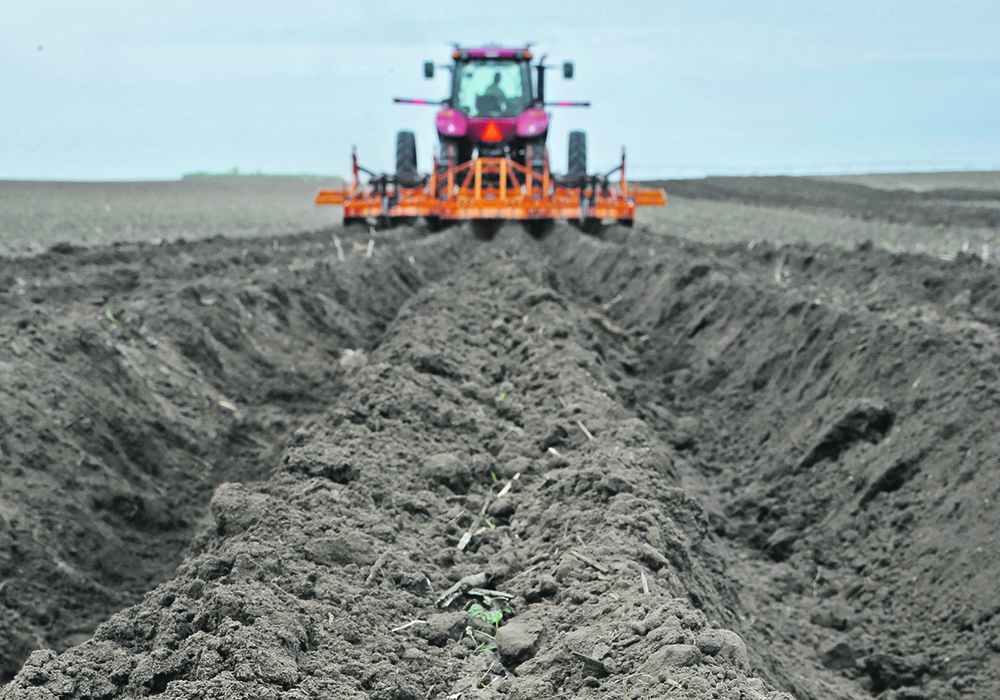McCain Foods is building the farm of the future.
The New Brunswick company announced in mid-July that it wants potato production to be more sustainable. To that end, McCain’s is establishing three Farms of the Future to learn how regenerative agriculture and innovation can work at scale in potato farming.
“Through development of these flagship farms we will create the test beds for alternate farming models, such as regenerative and circular farming,” McCain’s says in its global sustainability report, promoted in a July 13 news release. “(The farms) will explore sustainable agricultural practices, focused on soil health, carbon dioxide and biodiversity conservation. Farms of the Future will also test the latest precision agriculture technologies, new equipment and the use of renewable energy.”
Read Also

Crop quality looks good this year across Prairies
Crop quality looks real good this year, with the exception of durum.
The first farm of the future is being constructed in New Brunswick and McCain’s plans to build two more farms in other countries by 2025.
The operations will be of commercial size so that the research and development is relevant.
“Farmers are being challenged with producing more with less while facing increasingly challenging weather patterns due to climate change and growing food in soil that is deteriorating.’’ said Max Koeune, president of McCain Foods Ltd.
‘‘We’ve been working in partnership with many growers for generations, and this is a next step in ensuring the future of this important industry.”
The Farms of the Future will serve as training centres where growers, scientists and employees can learn about best management practices that conserve water, reduce greenhouse gas emissions and improve soil health.
“Once we demonstrate the viability and impact of our Farms of the Future program, we aim to roll out the best sustainable agricultural practices across our global farm network,” the sustainability report says.
Building the research centres is just part of McCain’s sustainability plan.
The company has committed to:
- Reduce carbon emissions per tonne from potato farming, storage and transport by 25 percent by 2030.
- Improve water use efficiency in water stressed regions by 15 percent by 2025.
Fertilizer is a largest component of greenhouse gas emissions from potato farming. To cut emissions, McCain’s is encouraging its growers to use “nutrient restoring” cover crops and follow the 4Rs of nutrient management — right time, right place, right rate and right source.
The company also intends to make its processing plants more sustainable.
It plans to shift toward renewable energy and cut potato waste going to landfills by achieving 100 percent potato utilization by 2025.
The sustainability goals will affect McCain’s operations around the globe. The company, which is the largest manufacturer of frozen potatoes and appetizer products in the world, has 51 plants and sells its products in 160 countries.
















